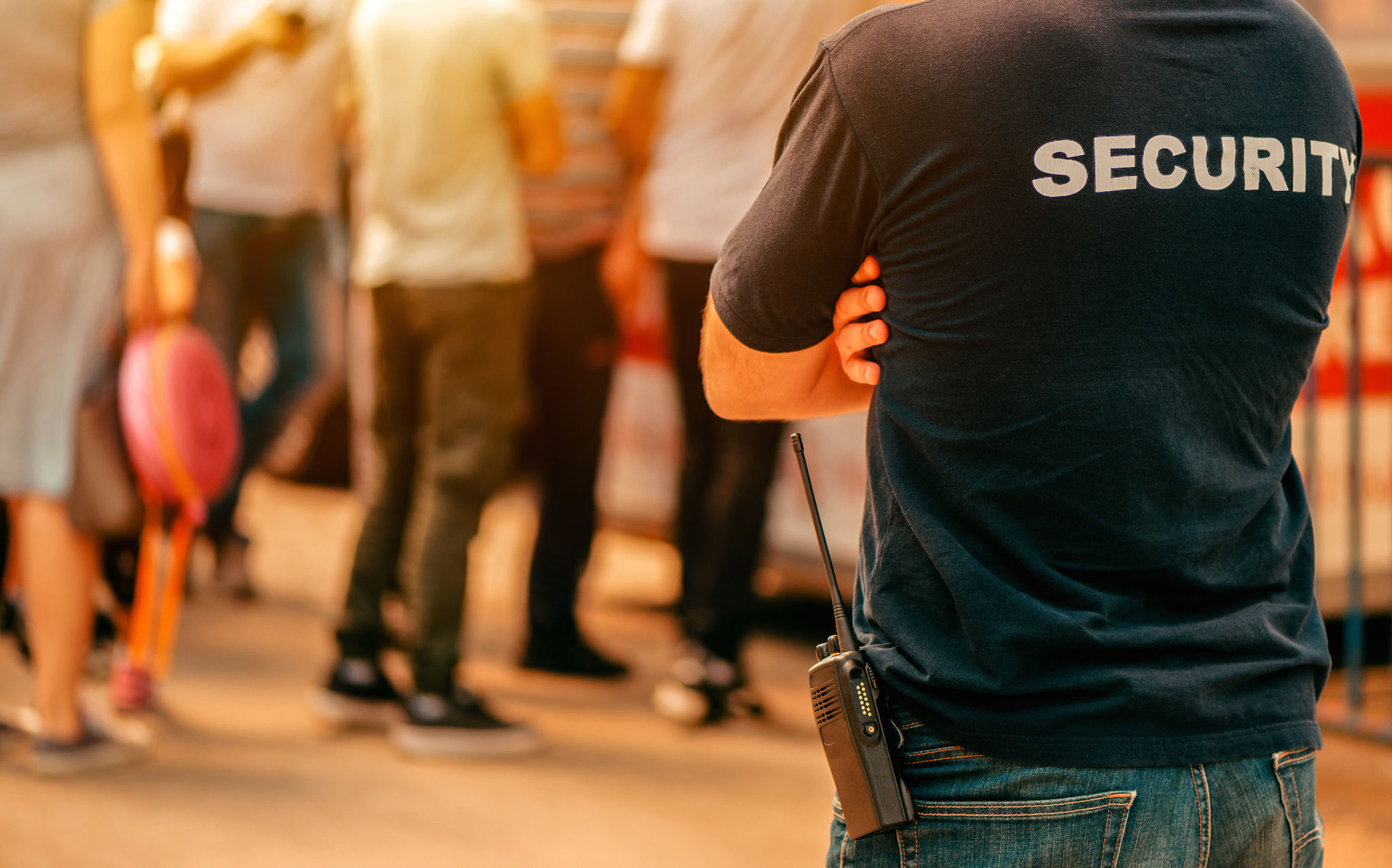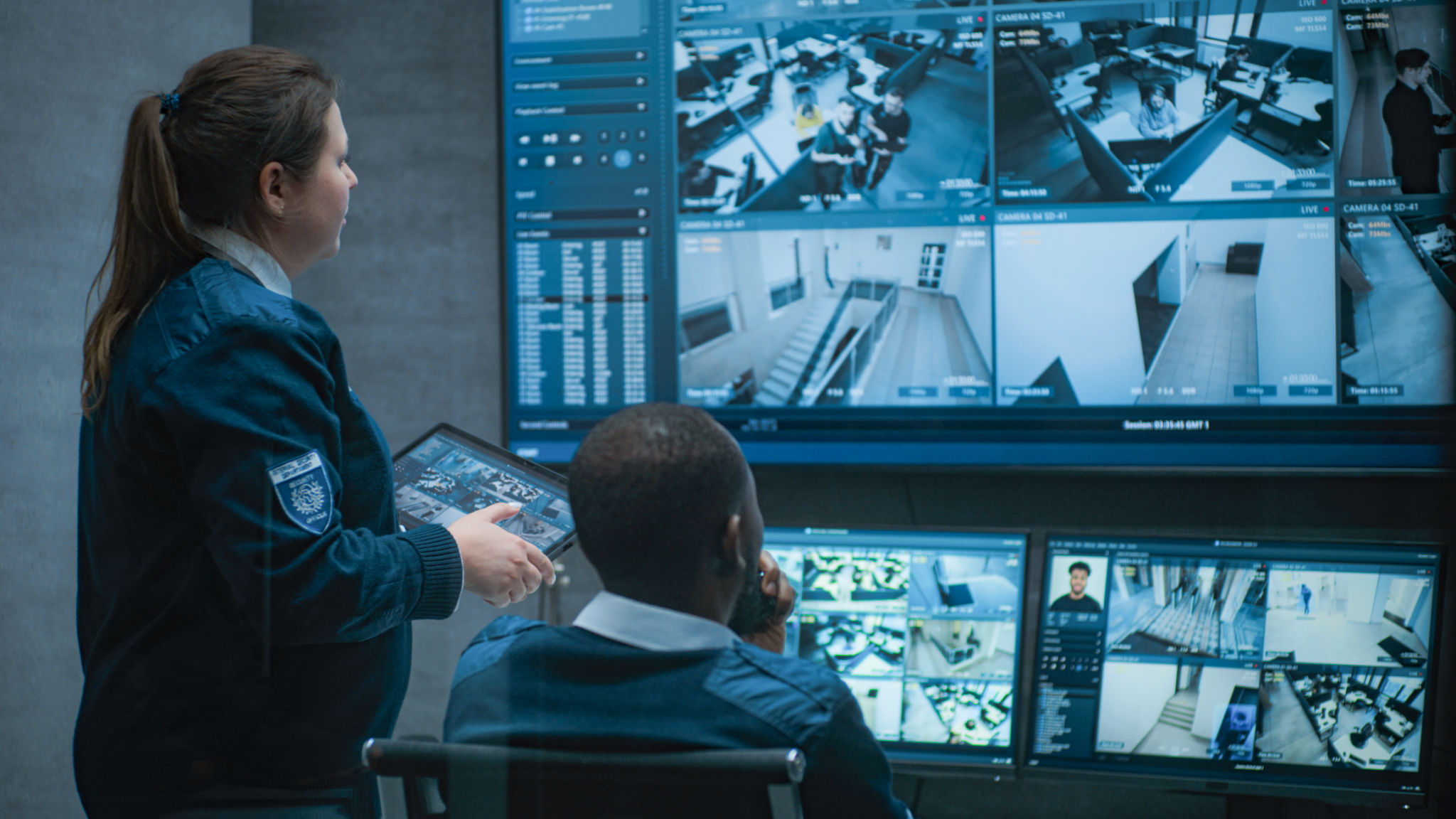How Private Event Security Has Evolved Post-Pandemic
The New Landscape of Private Event Security
The global pandemic has ushered in a new era for private event security. As gatherings resume, organizers are faced with the challenge of balancing safety with the desire for social interaction. The evolution of security measures is not just about handling physical threats but also ensuring public health and compliance with ever-changing regulations.
Security professionals now play a pivotal role in creating a safe environment for events of all sizes. They are tasked with implementing protocols that go beyond traditional security measures, addressing concerns related to health and safety standards.

Enhanced Health Protocols
One of the most significant changes in event security is the integration of health protocols. Security teams are now responsible for enforcing health guidelines such as mask-wearing, social distancing, and sanitization. This shift requires additional training and resources to manage effectively.
Screening processes have also become more sophisticated. Temperature checks, health questionnaires, and even rapid testing can be part of the entry requirements for attendees. These measures are essential for minimizing health risks and have become a standard part of the security checklist.

Technology-Driven Solutions
The pandemic has accelerated the adoption of technology in event security. Contactless solutions such as digital ticketing and biometric verification are now widely used to reduce physical contact and streamline entry processes. These technologies not only enhance safety but also improve the overall attendee experience.
Moreover, surveillance systems have become more advanced. AI-driven cameras and drones are used for crowd management and monitoring compliance with health regulations. These tools enable security teams to respond swiftly to any potential issues, ensuring a secure environment.

Adaptation to New Threats
Post-pandemic, event security must also adapt to new types of threats. Cybersecurity has become a critical component as more events incorporate virtual elements. Protecting personal data and preventing cyber-attacks are now essential parts of the security strategy.
Furthermore, security teams must be prepared for potential disruptions related to public health issues. Having a robust contingency plan in place is crucial for managing unexpected situations and maintaining order during an event.
The Role of Communication
Effective communication is more important than ever in the realm of event security. Ensuring that all stakeholders, including attendees, vendors, and staff, are aware of the security protocols is vital for compliance and safety.
Regular updates and clear instructions help in managing expectations and reducing anxiety among participants. Utilizing various channels, such as mobile apps and social media, can facilitate real-time communication and enhance coordination during events.

Conclusion: A New Era for Event Security
The evolution of private event security post-pandemic highlights the need for a comprehensive approach that encompasses both physical and health-related aspects. As we navigate this new landscape, the integration of innovative technologies, enhanced protocols, and effective communication will be key to ensuring safe and successful events.
Security professionals must continue to adapt to changing dynamics, staying informed about new developments and best practices. The future of private event security lies in flexibility and resilience, enabling us to safely gather and celebrate once again.